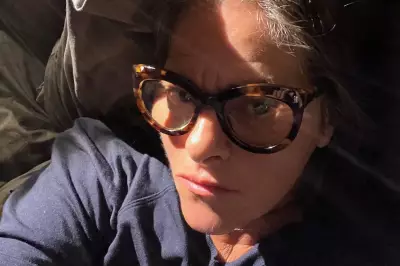
ITV's popular reality show Love Island is once again at the centre of controversy as fans call out producers for allegedly encouraging toxic behaviour among contestants. The latest backlash has reignited debates around 'cancel culture' and accountability in reality TV.
Viewers Voice Their Concerns
Fans of the show have taken to social media to express their frustration, accusing producers of manipulating situations for drama rather than fostering genuine connections. Many argue that the show's format promotes unhealthy relationship dynamics, leading to public scrutiny of contestants long after the season ends.
A History of Controversy
This isn't the first time Love Island has faced criticism. The show has previously been called out for its lack of diversity and handling of mental health concerns. The tragic deaths of former contestants Sophie Gradon and Mike Thalassitis have also raised questions about the duty of care owed to participants.
The Cancel Culture Debate
The current backlash highlights the ongoing tension between entertainment and ethics in reality television. While some viewers demand change, others argue that the show's dramatic nature is precisely what makes it entertaining. The discussion reflects wider societal debates about where to draw the line between accountability and so-called 'cancel culture'.
What's Next for Love Island?
ITV has yet to respond publicly to the latest criticism. However, with increasing pressure from viewers and mental health advocates, producers may need to reconsider certain aspects of the show's format to address these concerns.






